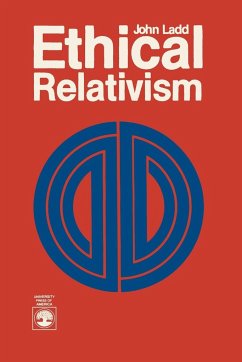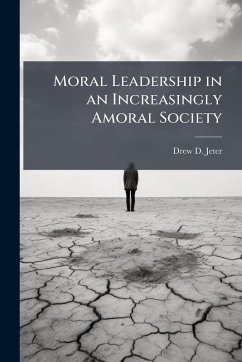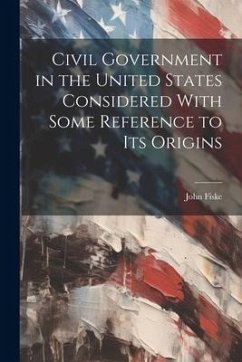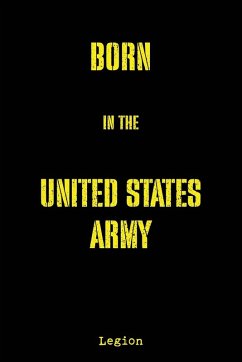
Moral and Ethical Relativism and the US Armed Forces

PAYBACK Punkte
8 °P sammeln!
There exists certain principles that are immutable and transcendent, and if followed will produce effectiveness. These principles are immutable because they are derived from an immutable source. Indeed, our country was founded upon these principles. These absolute truths do not change with societal whims. The military, as an institution of the state, should uphold good and restrain evil. Any abdication on ethical issues because of the changing societal mores can mean only that the institution designed to protect that society can no longer do so effectively because it has become corrupt itself....
There exists certain principles that are immutable and transcendent, and if followed will produce effectiveness. These principles are immutable because they are derived from an immutable source. Indeed, our country was founded upon these principles. These absolute truths do not change with societal whims. The military, as an institution of the state, should uphold good and restrain evil. Any abdication on ethical issues because of the changing societal mores can mean only that the institution designed to protect that society can no longer do so effectively because it has become corrupt itself. This is why military professionals should and are held to a higher standard. A standard clearly defined and practiced by our forebears. Unfortunately, a movement from absolute truths to relativism has caused a crisis in ethical and moral behavior in our society and consequently the military from whom it derives its constituents. We must understand these foundational truths of our society and military, reaffirm them, resist social progressives (the new absolutists), and reassert the primacy of personal character. This work has been selected by scholars as being culturally important, and is part of the knowledge base of civilization as we know it. This work was reproduced from the original artifact, and remains as true to the original work as possible. Therefore, you will see the original copyright references, library stamps (as most of these works have been housed in our most important libraries around the world), and other notations in the work. This work is in the public domain in the United States of America, and possibly other nations. Within the United States, you may freely copy and distribute this work, as no entity (individual or corporate) has a copyright on the body of the work. As a reproduction of a historical artifact, this work may contain missing or blurred pages, poor pictures, errant marks, etc. Scholars believe, and we concur, that this work is important enough to be preserved, reproduced, and made generally available to the public. We appreciate your support of the preservation process, and thank you for being an important part of keeping this knowledge alive and relevant.












